Christmas Truce on the Western Front
Schnapps, kilts and football
For years, historians have debated whether one or more football matches between British and German troops actually took place during the 1914 Christmas Truce on the Western Front of World War I. One of the first references to football in no mans land is in a letter from a British physician to the Rifle Brigade, published on January 1, 1915 in the Times: “a football match... played between them and us in front of the trench.” The authors of the book “The History of the Rifle Brigade in the War of 1914—1918”, first published back in 1927, insist that such a match could not have taken place because “it would be extremely unwise to let the Germans know how poorly protected British trenches are.” Stories of a football match between warring parties have been told over the years, often naming the different units and the final score. A sergeant of the Argyle-Sutherland Highland Scottish Infantry Regiment wrote in a letter home that the game was played in his sector between the trenches and the Scots won 4-1. British Lieutenant Albert Wynn of the Royal Regiment of Artillery wrote in a letter about the match against the German team near Ypres that the game ended in a draw. The soldiers of the British North Lancashire Infantry Regiment, according to the regimental chronicle, played against the Germans using a tin can instead of a ball and lost 3:2.
Johannes Niemann, a German lieutenant of the 133rd Royal Saxon Regiment, has been preserved, although they were only recorded in the 1960s:
“My orderly ran into the dugout to report that German and Scottish soldiers had come out of the trenches and were fraternizing along the front. I grabbed my binoculars and saw an incredible sight: our soldiers were exchanging cigarettes, schnapps and chocolate with the enemy. Later, a Scottish soldier appeared with a ball and a few minutes later a real football match began. The Scots made a gate out of their weird caps. It was not easy to play on frozen ground, but we continued to strictly adhere to the rules, despite the fact that we did not have a referee. We Germans roared when a gust of wind revealed that Scots were not wearing knickers under their kilts. We howled and whistled every time we caught a glimpse of the ass of one of yesterdays enemies...”
However, the veracity of these stories is disputed by some historians. For example, British military researchers Malcolm Brown and Shirley Seaton concluded in their book “The Christmas Truce” that attempts to hold organized matches failed due to the unsuitability of the dug and frozen ground. In their opinion, it was not matches that took place, but some kind of kicking balls made of cardboard or tin cans.
In the photo, British Rifle Brigade soldiers stand next to German soldiers from the 104th and 106th Regiments of the German Imperial Army during a Christmas truce on the Western Front, Belgium, on December 24 or 25, 1914.
Previously in Old Photos: World War, Football on the Thessaloniki Front.
Comentarios
Envíado por

OldPik
6 de enero de 2025
¿Tienes fotos antiguas?
Comparte tus fotografías históricas y ayuda a preservar nuestra memoria colectiva.
Subir fotos

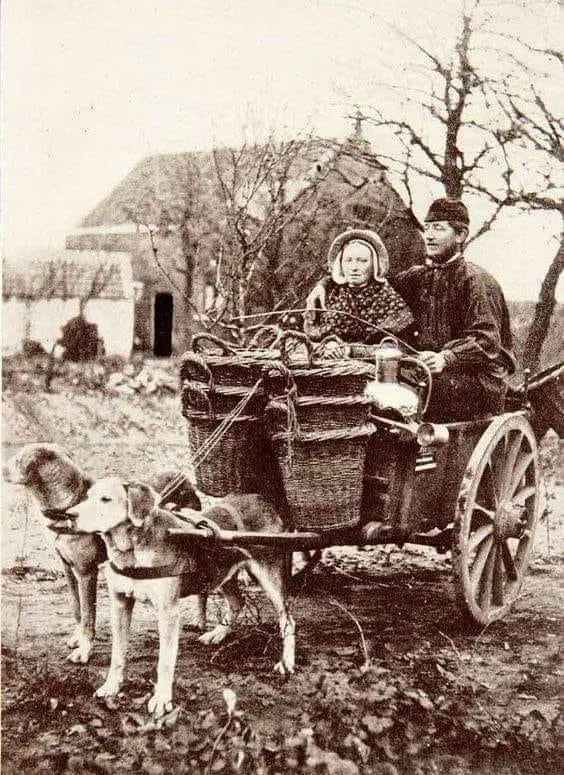
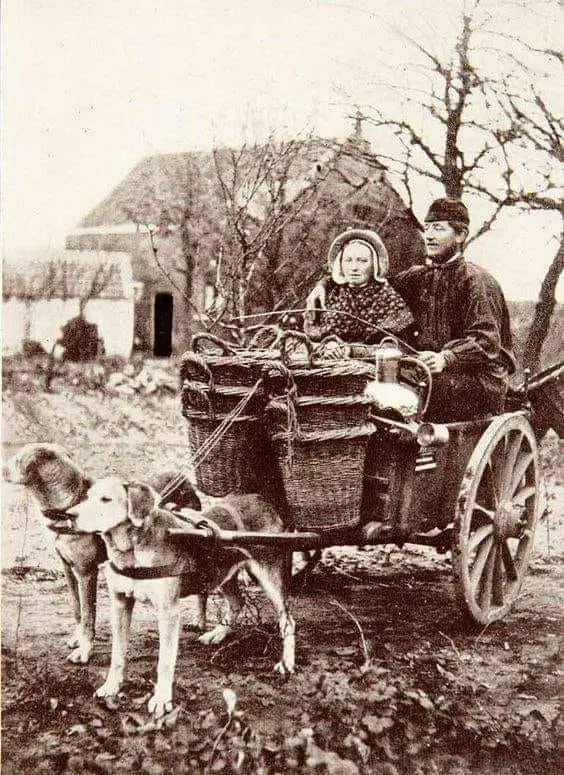
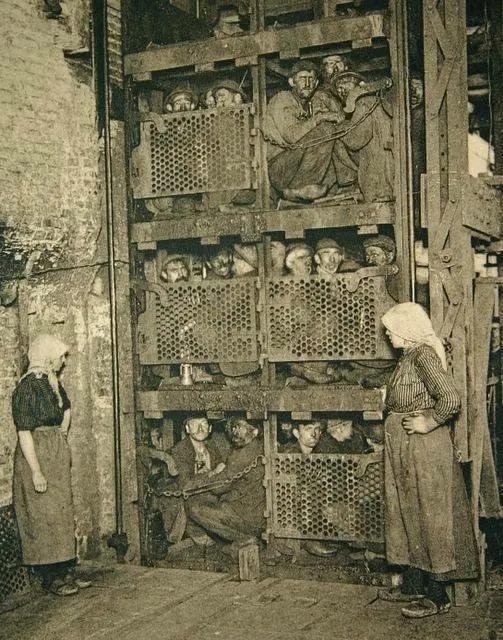
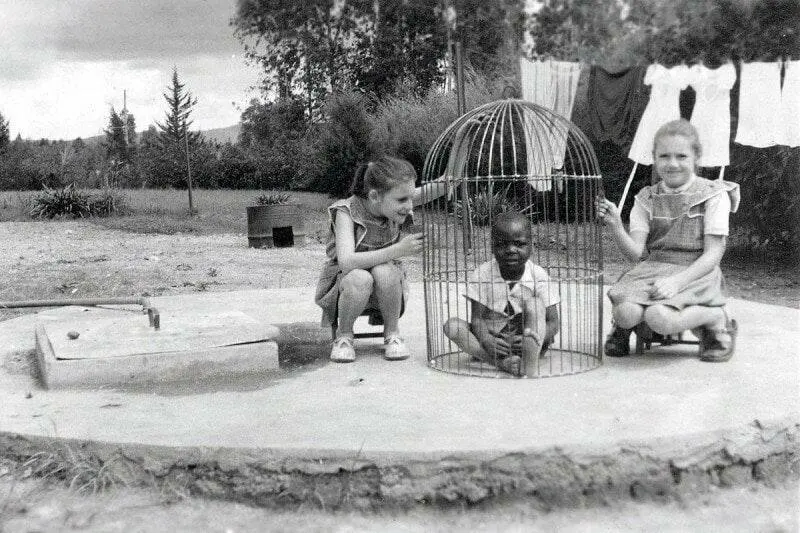
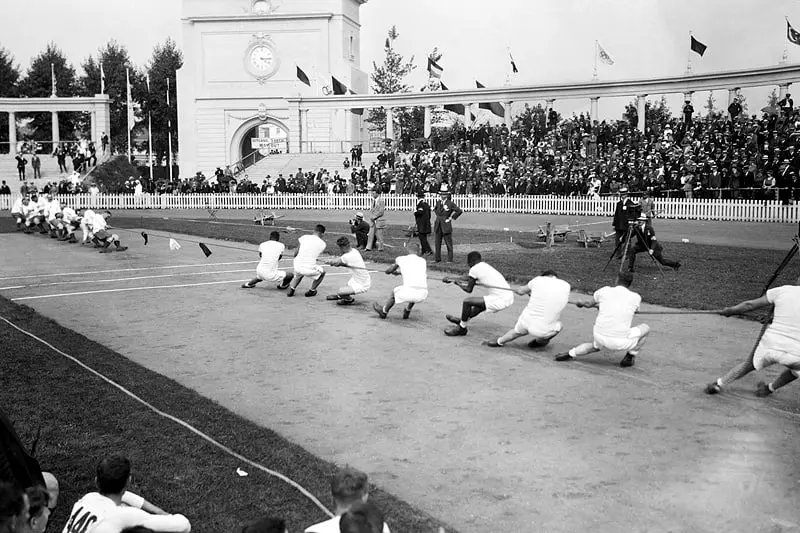
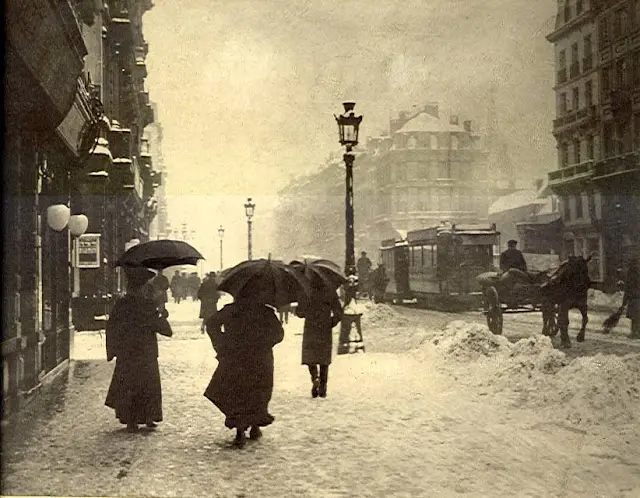
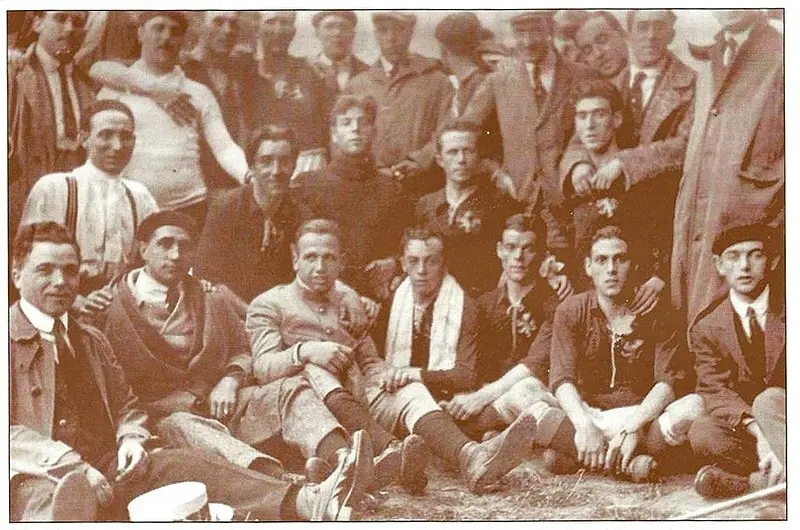
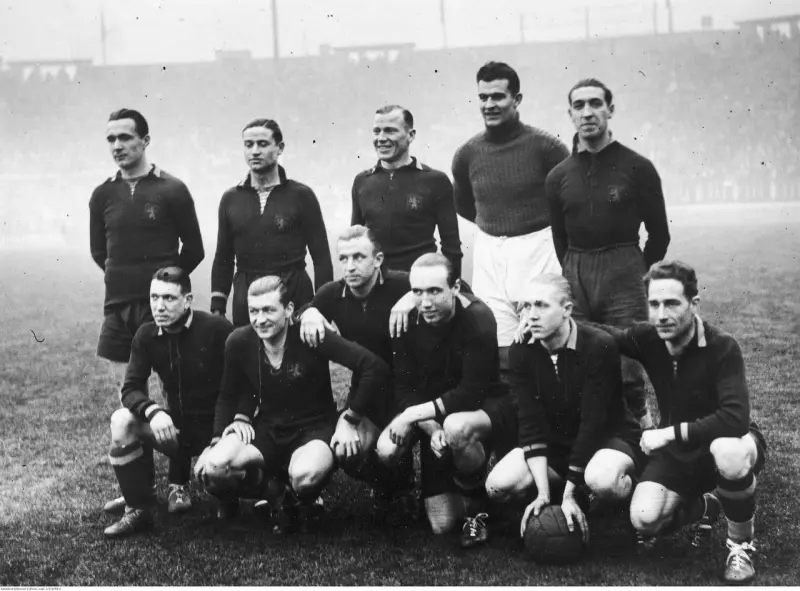
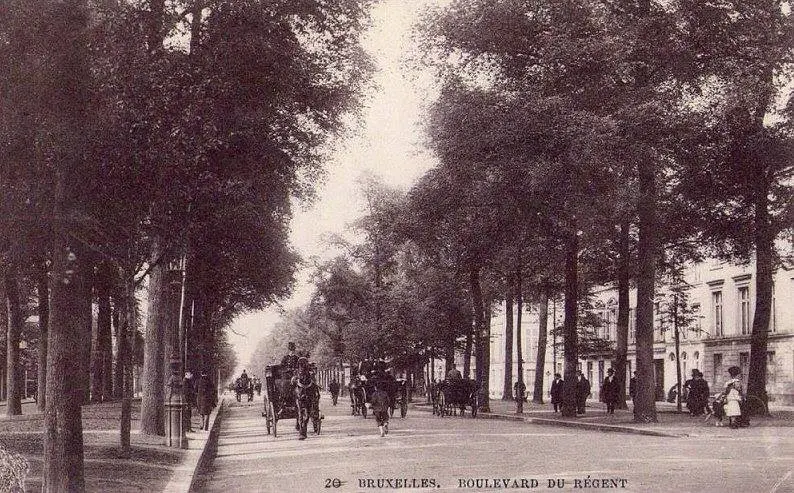
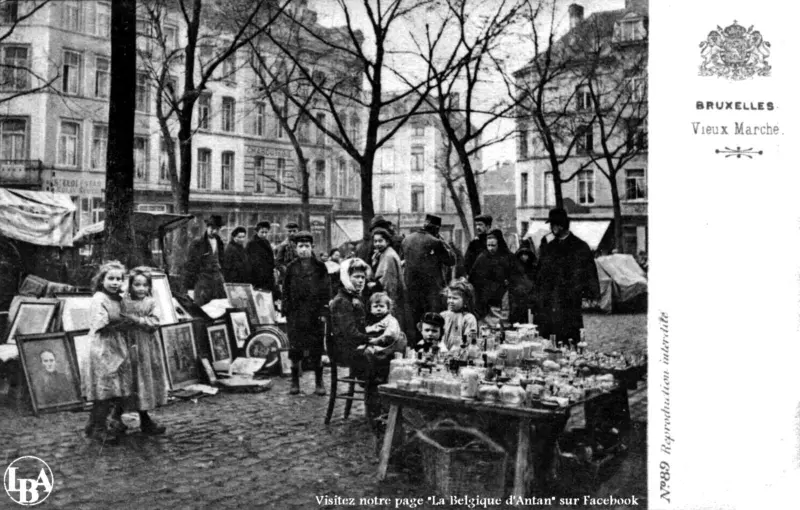
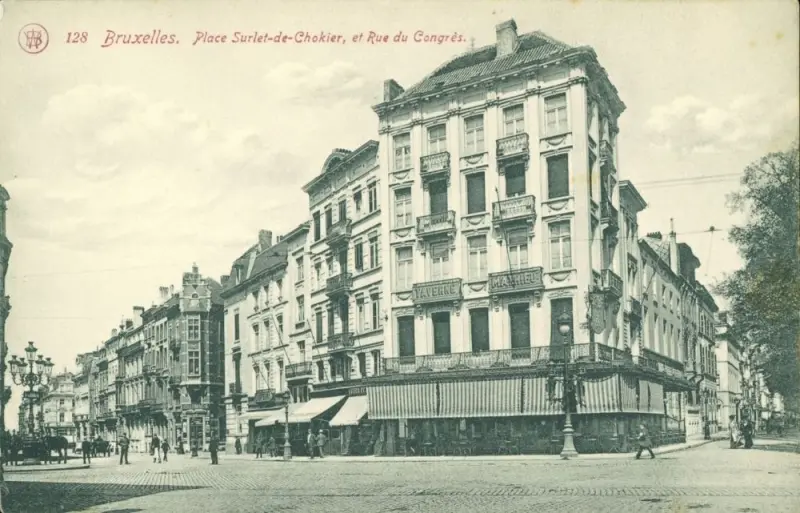
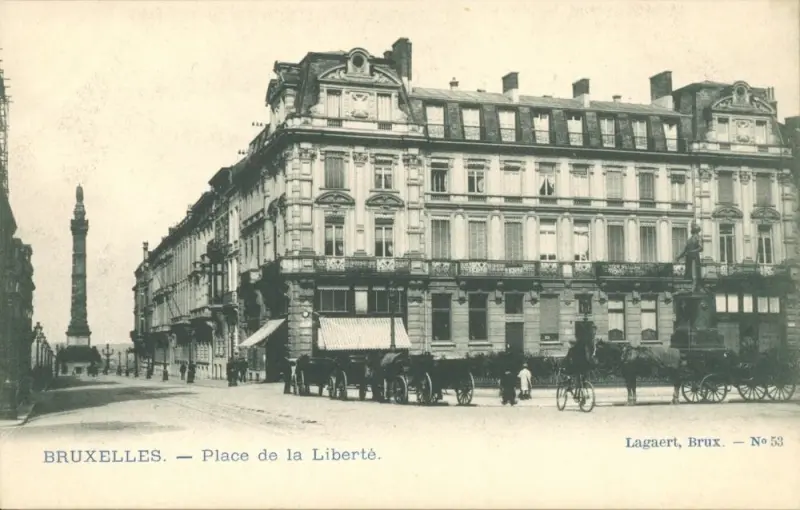
Sin comentarios aún, sé el primero en comentar...